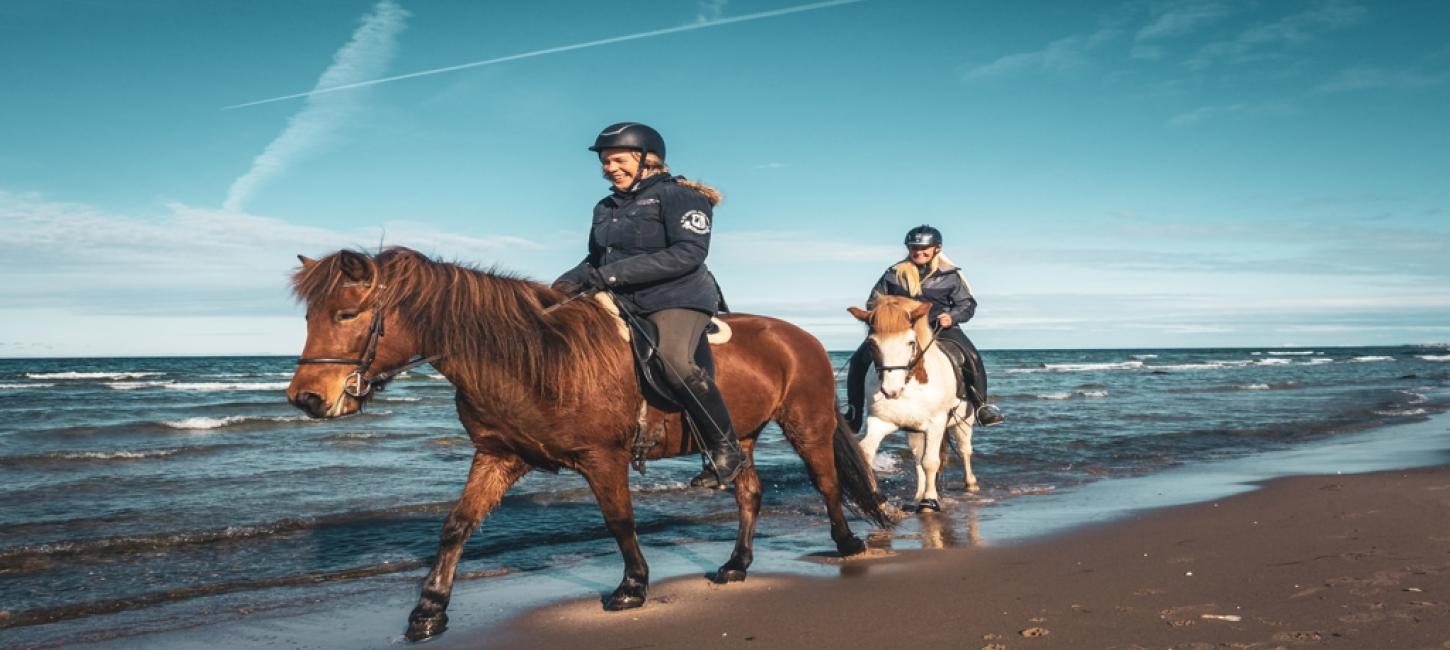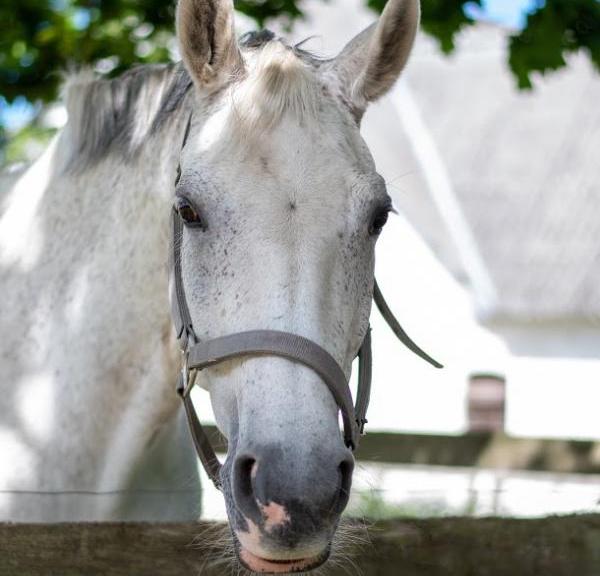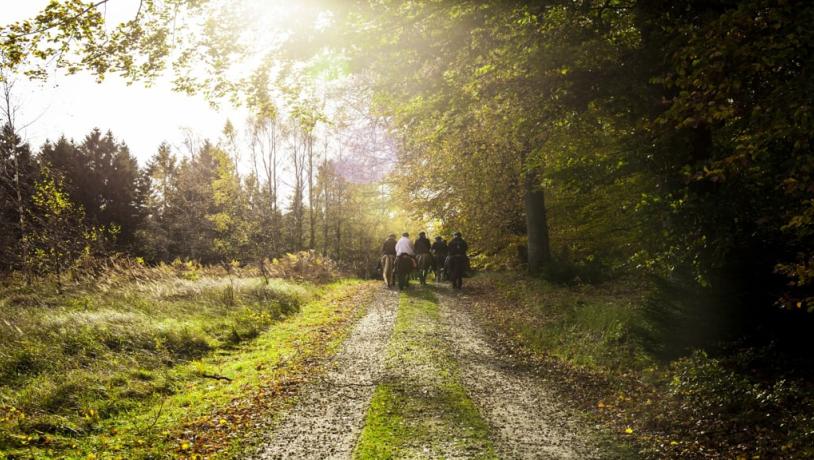Parking
There are a variety of parking options in the North Zealand forests, most of which are trailer-friendly. These parking lots are regularly distributed throughout the areas, so it doesn't matter where you start your ride. You can find the parking areas on the maps or on the Ud i Naturen website in their map tool.
Rest and Food
If you need a break and a bite to eat, there are paddocks available for resting in several of the largest forests. In some areas, you'll find both a paddock and picnic tables, allowing you to enjoy your meal while your horse takes a break in the paddock. In several locations, you'll also find campfire areas where you can cook food, and in some places, you'll find a combination of a campfire site, shelter, and paddock in the same area. For example, this can be found in the southern part of Gribskov.
Map of the 4 Largest Forests
You can find simple versions of maps for all of North Zealand's forests on the Ud i Naturen website using their map tool.
Also, check out our mini-guides, where one of the Parforce riding routes is marked on the large map on the back.





